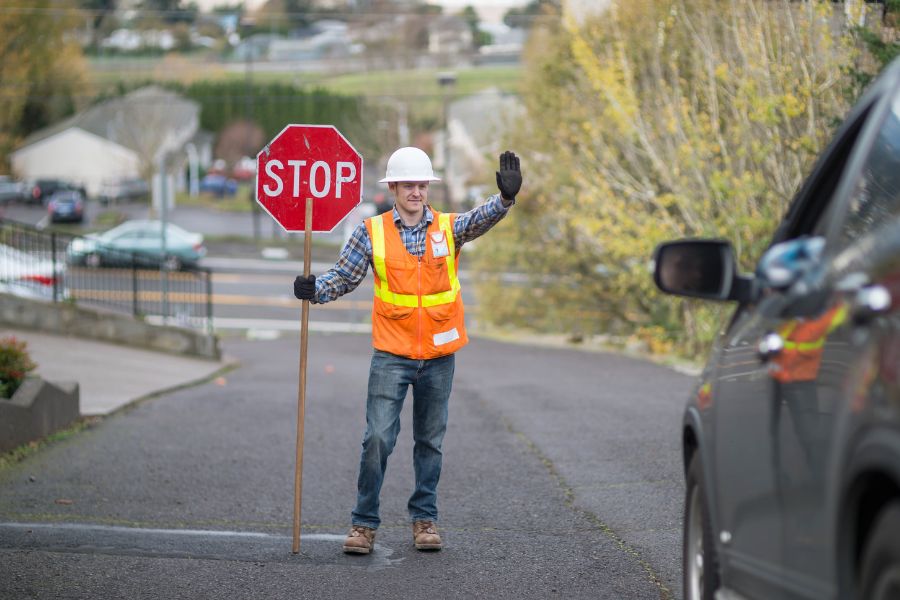Road safety is a central component of modern fleet management. It concerns far more than just the technical condition of individual vehicles – it describes the totality of all measures and regulations that ensure the safe operation of a vehicle fleet. Companies that provide company or pool vehicles have a legal responsibility that covers both the road safety of the vehicles and the behavior of authorized drivers.
What is part of road safety in the vehicle fleet?
In the corporate context, road safety covers the following core areas:
- Technical condition of the vehicles: Regular maintenance, UVV inspections, inspections and general inspections ensure that all vehicles meet the requirements of the German Road Traffic Act (StVG) and the German Road Traffic Regulations (StVO). Seasonal requirements – such as changing from summer to winter tires in good time – are also part of this.
- Driving license check and owner obligations: The obligation to regularly driving license check is part of the owner’s responsibility. Only those who ensure that authorized drivers are in possession of a valid driving license are acting in compliance with the law. Compliance with the accident prevention regulations (UVV) are also part of the company’s regular obligations.
- Behavior of authorized drivers: Safety depends largely on the behavior of vehicle users. Therefore, drivers should be instructed regularly – for example on defensive driving, distraction at the wheel, load securing or the use of assistance systems.
- Digital support: Modern fleet software helps those responsible to document and manage maintenance cycles, UVV deadlines, driving license checks and damage reports . Telematics systems also contribute to the optimization of driving behaviour and help to minimize risks.
Legal framework for road safety
Companies are subject to owner liability (Section 31 StVZO). This means that anyone who provides vehicles must ensure their road safety and systematically prevent infringements. Failure to do so can result in fines, recourse claims or even criminal prosecution – especially in the event of personal injury or repeated violations.
Why road safety makes economic sense?
A safe fleet means not only legal protection, but also cost control. Well-organized prevention can reduce downtimes, repair costs and insurance premiums. The claims rate can also be reduced through targeted measures such as driver training or the use of telematics.
Conclusion: road safety is a management responsibility
A high safety standard in the vehicle fleet is not a product of chance, but the result of systematic planning, continuous monitoring and clear responsibilities. Companies that have their road safety under control not only protect their budget, but also human lives – and at the same time strengthen their image as a responsible employer and business partner.
